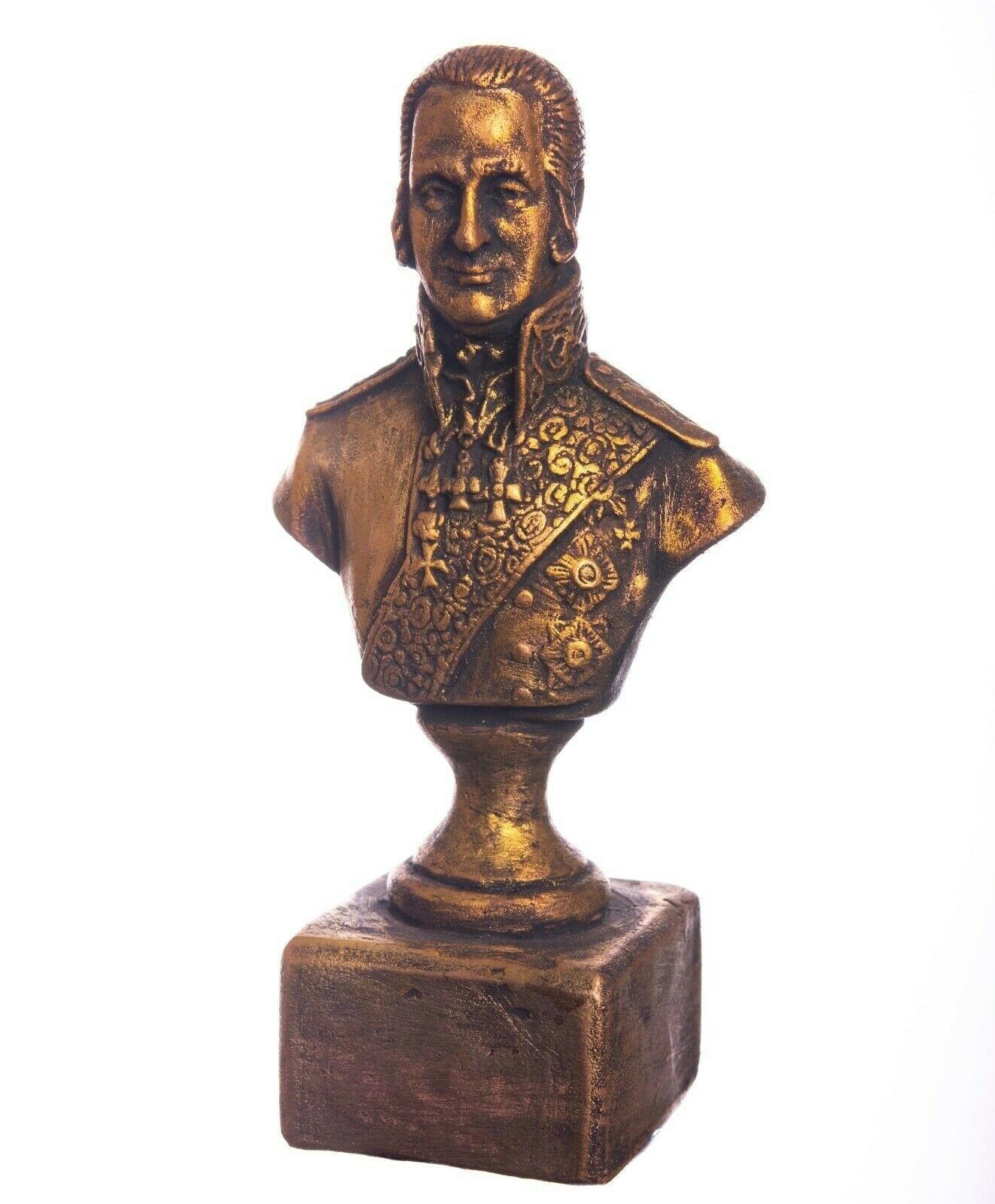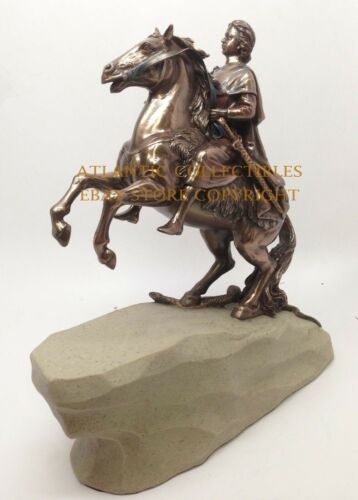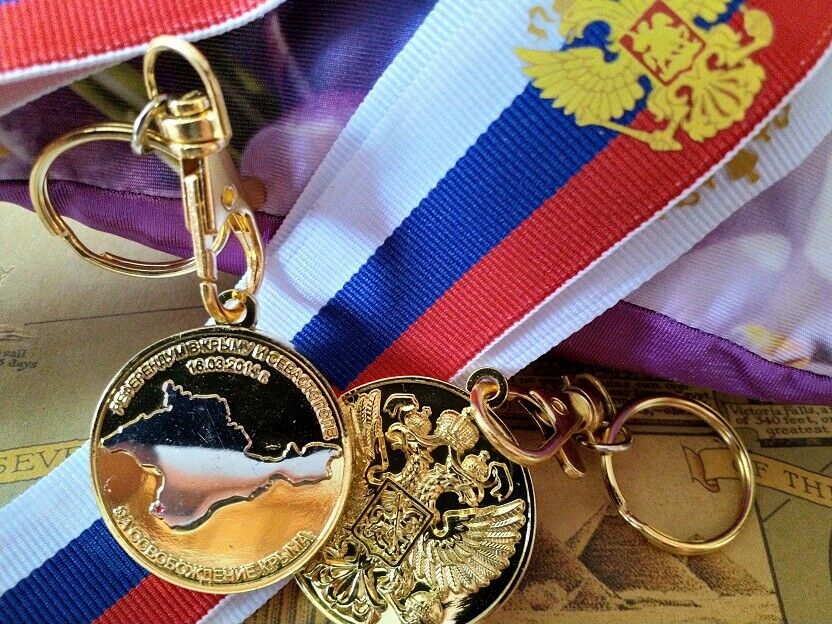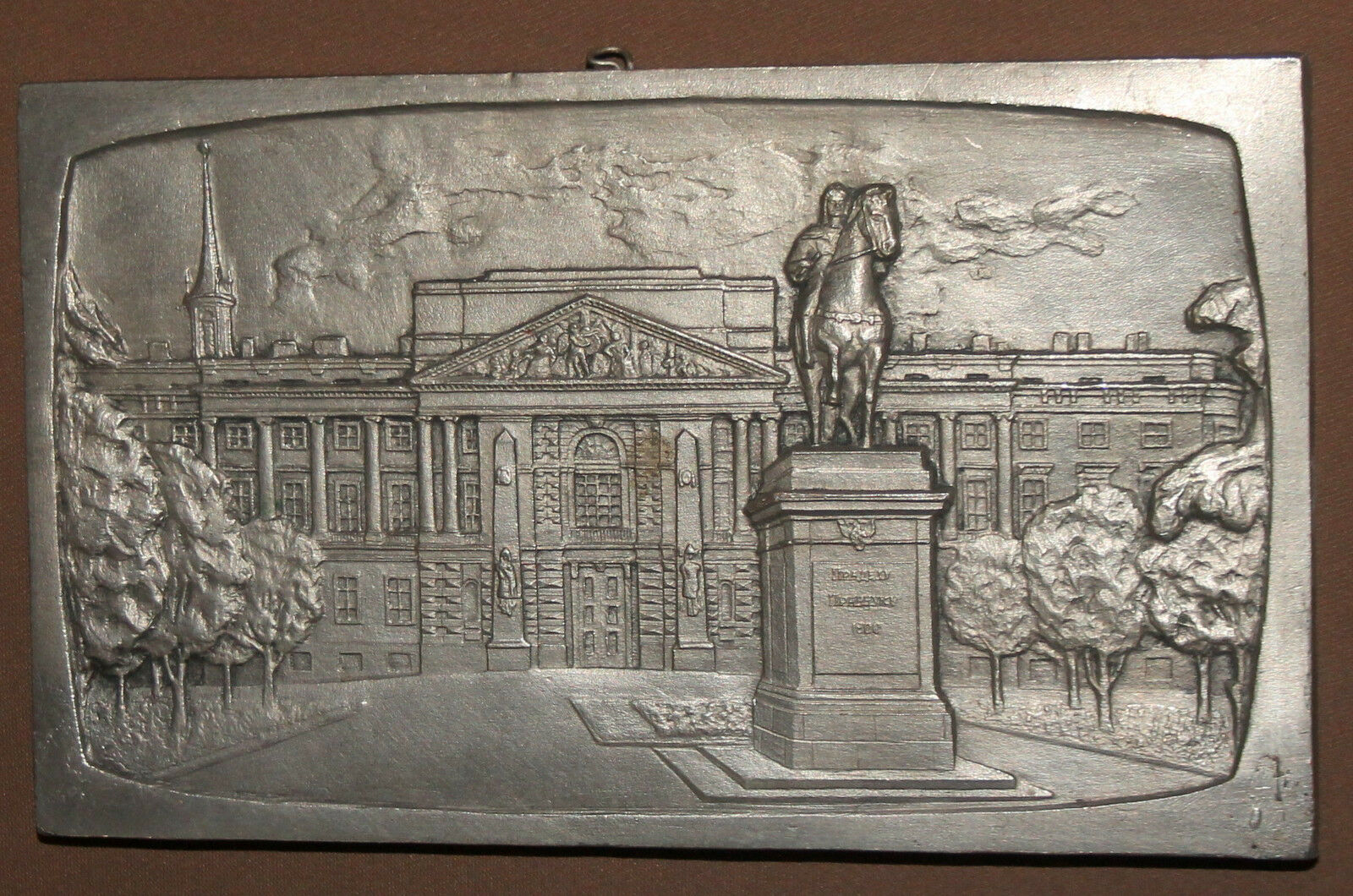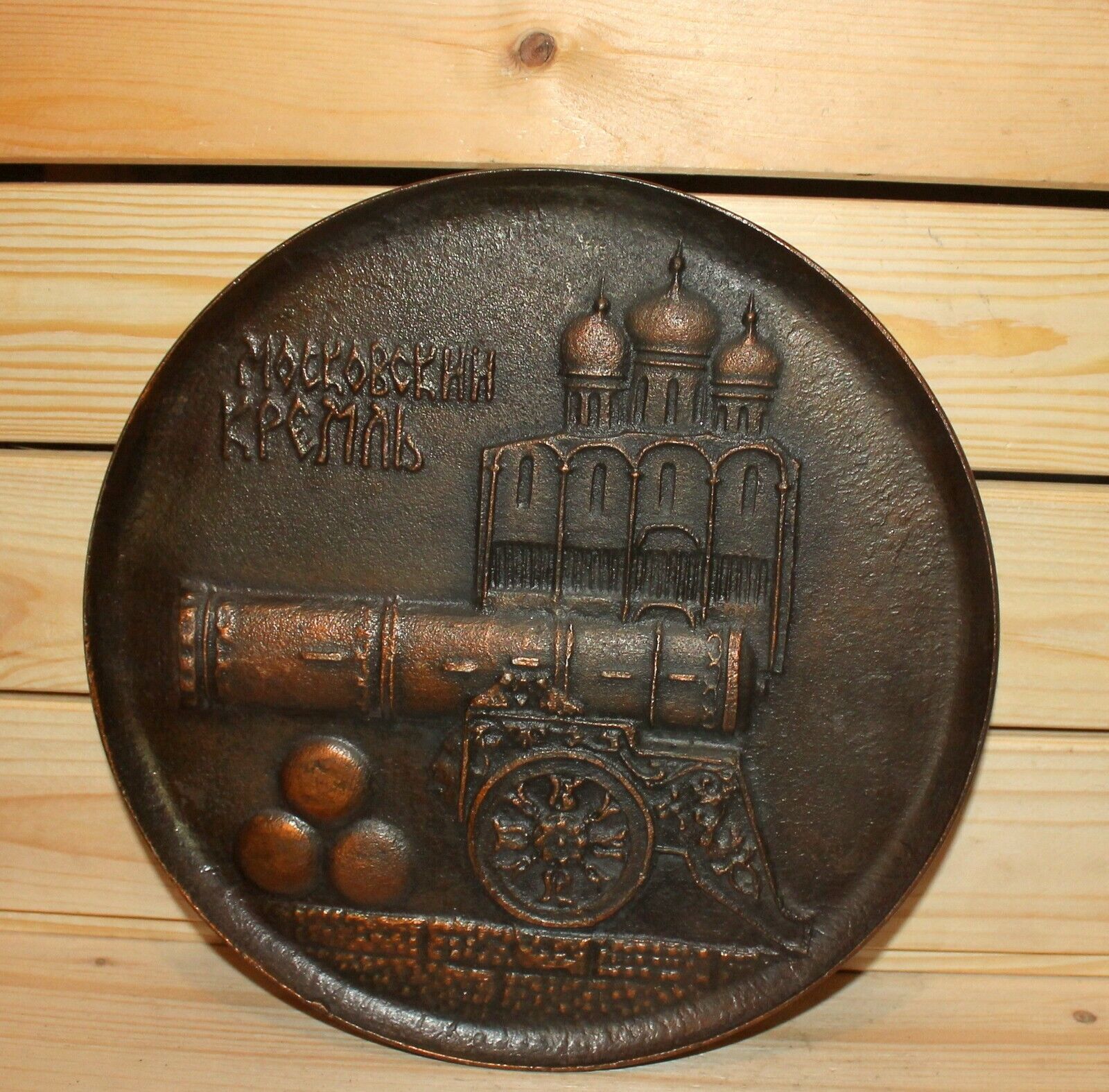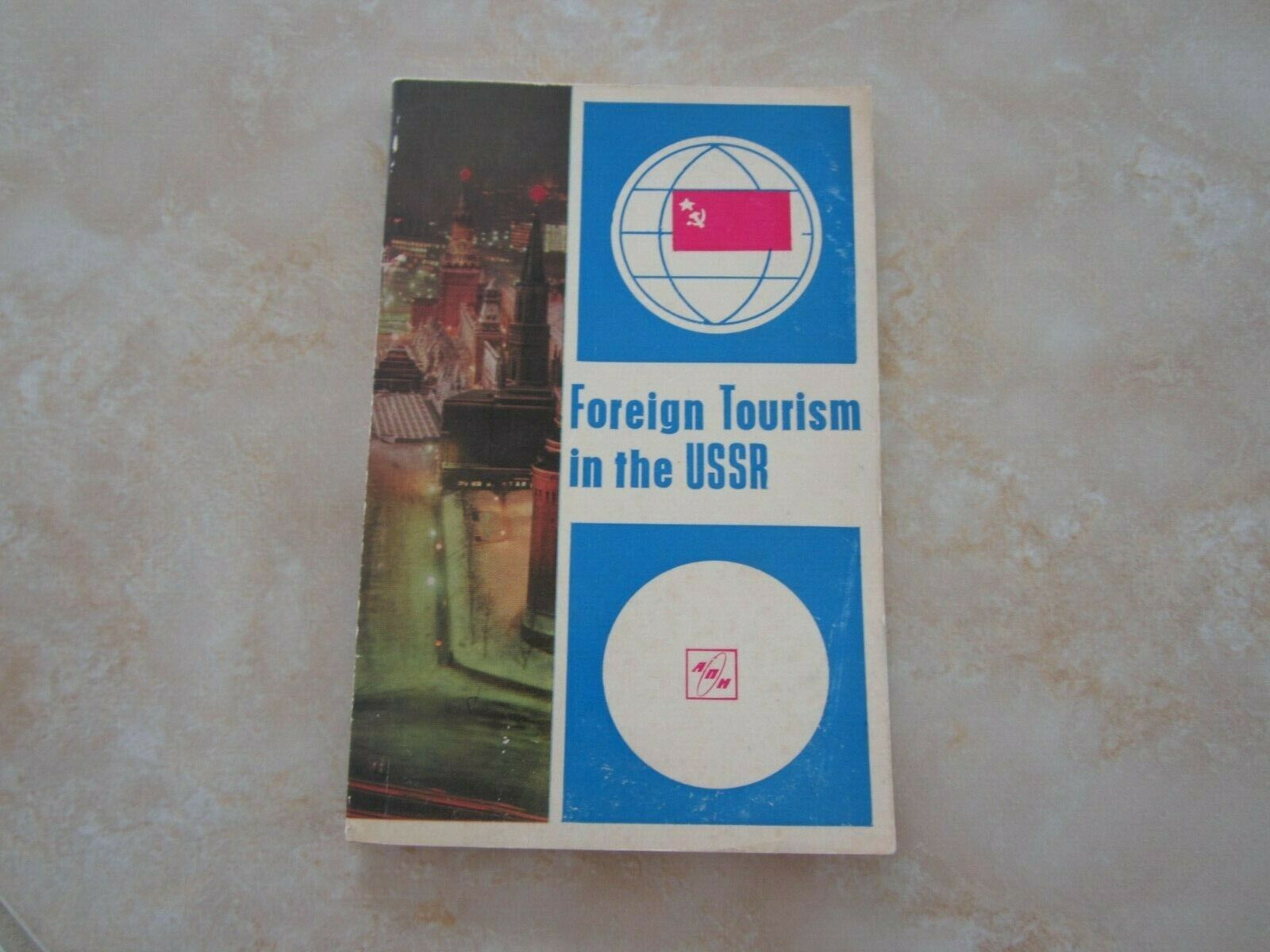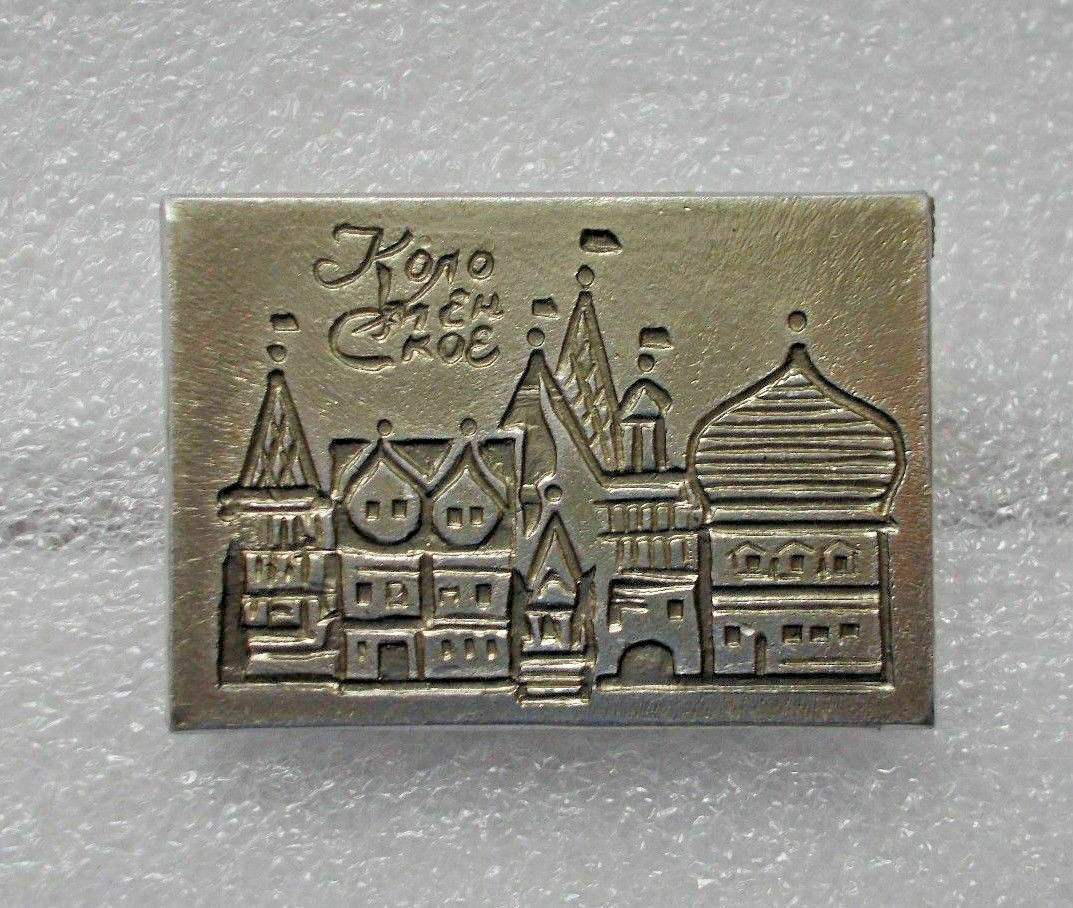-40%
6" Fyodor Ushakov bust Russian naval commander admiral statue
$ 25.34
- Description
- Size Guide
Description
Item located in USABust of Fyodor Fyodorovich Ushakov
Figurine made by skillful Ukrainian sculptor.
It`s made of copper and bronze.
The inner emptiness is filled with artificial stone.
Height - 16 cm (6 1/3 in)
The weight - 475g
I have
other
interesting statue and goods
.
If you have any
questions
about the item
-
please contac
t
Please visit my store!!!
Shipping:
Sending within
one business day
.
Delivery by Expedited Shipping (USPS Priority Mail)
Delivery time depends on your location, estimated delivery time is specified in the description of delivery. Usually 2-6 days.
*reference Information:
Ushakov was born in the village of Burnakovo in the Yaroslavl gubernia, to a modest family of the minor nobility. His father, Fyodor Ignatyevich Ushakov, was a retired sergeant of the Preobrazhensky regiment of the Russian Imperial guards
. By the time Fyodor Ushakov submitted his statement of background (
skaska
) to the military, his family had not been officially confirmed in the so-called 'dvoryanstvo', yet they surely belonged to serving gentry
. In the submission Ushakov stated that he neither had a coat-of-arms, nor a royal patent for a landed estate, and had no way to prove nobility
. In 1798, Fyodor Ushakov, as a vice-admiral of the Black Sea Navy, submitted a request for official nobility and an arms providing a genealogical record
. In 1807 his coat-of-arms was added to the General all-Russian book heraldry
. In 1815 Fyodor Ushakov and his family were added to the part 6 (ancient nobility) of the Yaroslavl genealogical book
.
On 15 February 1761, he signed up for the Russian Navy in Saint Petersburg. After training, he served on a galley in the Baltic Fleet. In 1768 he was transferred to the Don Flotilla (Azov Sea Navy) in Taganrog, and served in the Russo-Turkish War (1768–74). He commanded Catherine II's own yacht, and later defended Russian merchant ships in the Mediterranean from British naval attacks.
After the Russian Empire annexed Crimea in 1783, Ushakov personally supervised the construction of a naval base in Sevastopol and the building of docks in Kherson. During the Russo-Turkish War (1787–92), he brilliantly defeated the Turks at Fidonisi (1788), Kerch Strait (1790), Tendra (1790), and Cape Kaliakra (1791). In these battles, he demonstrated the excellence of his innovative doctrines in the art of naval fighting.
In 1798 Ushakov was promoted to full admiral and given command of a squadron which sailed to the Mediterranean via Constantinople, where it joined with a Turkish squadron. The Russian-Turkish fleet then operated under Ushakov's command in the War of the Second Coalition against France. The expedition started by conquering the Ionian islands, acquired by France the year before from the defunct Republic of Venice in the Treaty of Campo Formio. This action culminated in the Siege of Corfu (1798–1799), and led to the subsequent creation of the Septinsular Republic. Ushakov's squadron then blockaded French bases in Italy, notably Genoa and Ancona, and successfully assaulted Naples and Rome.
Tsar Paul, in his capacity as the Grand Master of the Order of St. John, ordered Ushakov to proceed to Malta, which a British fleet under Nelson had besieged to no effect.
Ushakov was senior in rank to Nelson, and Nelson would be subordinate to him. Nelson disliked that very much, and therefore suggested dispatching the Russian squadron to Egypt instead.
Grave of Ushakov in Sanaksar Abbey
Brewing conflict between the commanders was prevented by Ushakov's being recalled to Russia in 1800, where the new Emperor, Alexander I, failed to appreciate his victories. Ushakov resigned command in 1807 and withdrew into the Sanaksar Abbey in modern-day Mordovia. He was asked to command the local militia during the Patriotic War of 1812 but declined.
In the course of 43 naval battles under his command he did not lose a single ship and never lost a battle.
Thanks for looking!
AB776090
